Top 15 PCOS-Boosting Foods for Better Health
Understanding PCOS and Diet’s Role
Polycystic Ovary Syndrome (PCOS) affects millions of women worldwide, disrupting hormonal balance and causing a variety of health issues such as irregular menstrual cycles, weight gain, and infertility.
While medical treatment is essential, diet plays a crucial role in managing PCOS symptoms.
Incorporating PCOS-boosting foods into your diet can help regulate hormones, manage weight, and improve overall health.
Let’s dive into the top 15 PCOS-boosting foods that can make a significant difference in your life.

1. Spinach: The Green Powerhouse
Spinach is a nutrient-dense leafy green that offers numerous benefits for women with PCOS.
Rich in iron, magnesium, and vitamins A, C, and K, spinach helps reduce inflammation, regulate blood sugar levels, and support a healthy metabolism.
How to Incorporate Spinach:
- Add fresh spinach to your morning smoothies.
- Include it in salads, soups, and stews.
- Use spinach as a base for healthy wraps and sandwiches.

2. Salmon: Omega-3 Rich Delight
Salmon is a fantastic source of omega-3 fatty acids, which have anti-inflammatory properties and help improve insulin sensitivity.
Omega-3s also support heart health and can reduce the risk of cardiovascular diseases, which women with PCOS are more prone to.
How to Enjoy Salmon:
- Grill or bake salmon for a delicious main dish.
- Add smoked salmon to salads or whole-grain crackers.
- Incorporate salmon into sushi rolls or poke bowls.

3. Greek Yogurt: Protein and Probiotics
Greek yogurt is an excellent source of protein and probiotics, which are essential for gut health.
A healthy gut microbiome can positively impact hormonal balance and insulin sensitivity, crucial for managing PCOS symptoms.
Ways to Enjoy Greek Yogurt:
- Enjoy it with fresh berries and a drizzle of honey.
- Use it as a base for smoothies.
- Make a savory tzatziki sauce to pair with veggies or grilled meats.

4. Berries: Antioxidant-Rich Fruits
Berries such as blueberries, strawberries, and raspberries are packed with antioxidants, fiber, and vitamins.
These fruits help combat oxidative stress, reduce inflammation, and regulate blood sugar levels.
Berry Good Ideas:
- Add berries to your breakfast cereal or yogurt.
- Blend them into smoothies or juices.
- Enjoy them as a healthy snack on their own.
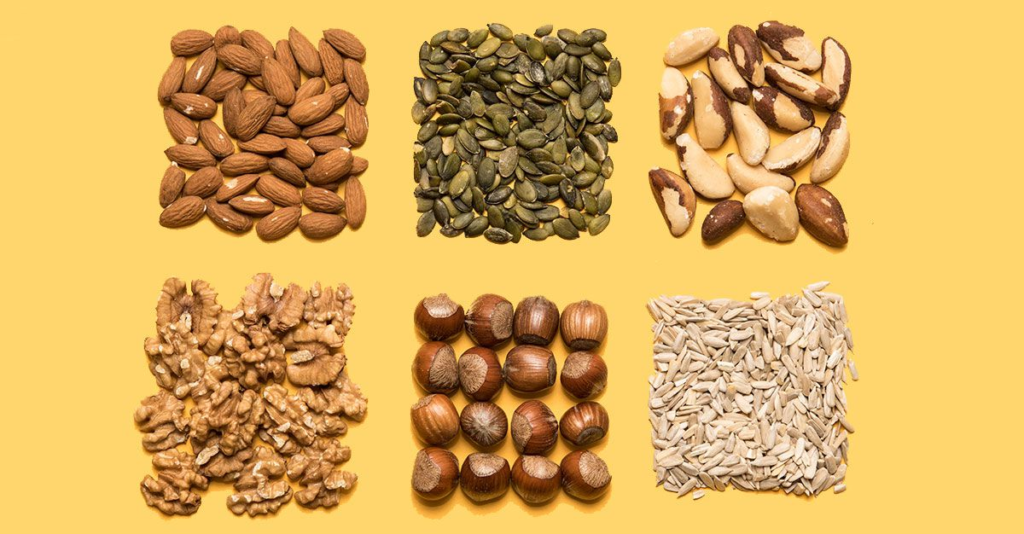
5. Nuts and Seeds: Nutrient-Dense Snacks
Nuts and seeds, including almonds, walnuts, chia seeds, and flaxseeds, are rich in healthy fats, protein, and fiber.
They help stabilize blood sugar levels, reduce inflammation, and provide essential nutrients like magnesium and zinc.
Incorporating Nuts and Seeds:
- Sprinkle seeds on top of salads or yogurt.
- Snack on a handful of mixed nuts.
- Add ground flaxseeds to smoothies or oatmeal.

6. Avocado: Healthy Fats for Hormonal Balance
Avocado is a superfood rich in healthy monounsaturated fats, which are essential for hormone production and balance.
It also provides fiber, vitamins, and minerals that support overall health.
Enjoying Avocado:
- Spread avocado on whole-grain toast.
- Add it to salads, smoothies, or sandwiches.
- Make a delicious guacamole dip.
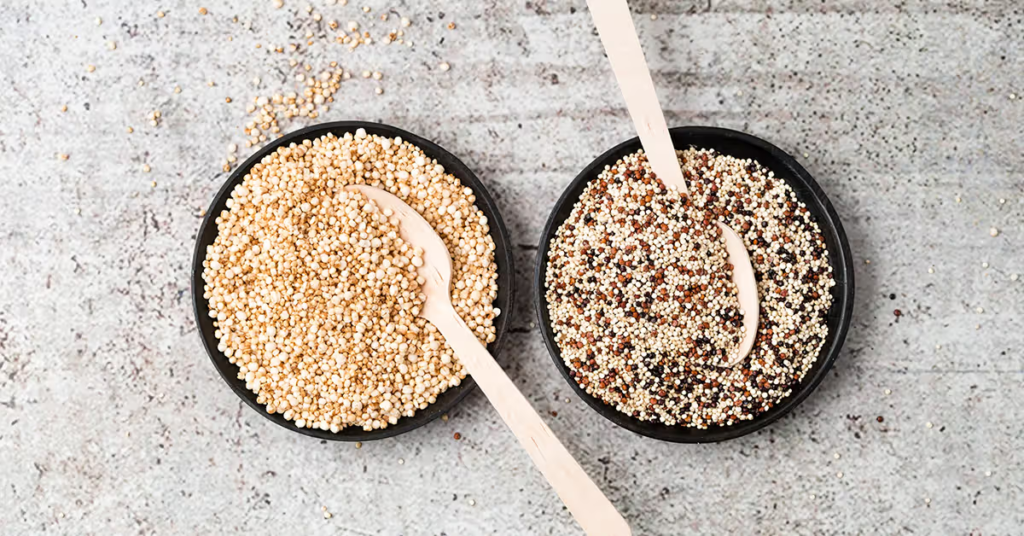
7. Quinoa: The Complete Protein Grain
Quinoa is a complete protein source, meaning it contains all nine essential amino acids.
It’s also rich in fiber and has a low glycemic index, making it an excellent choice for women with PCOS to manage blood sugar levels and support muscle health.
Ways to Use Quinoa:
- Use quinoa as a base for salads and bowls.
- Cook it as a side dish instead of rice.
- Add it to soups and stews for extra protein and texture.

8. Cinnamon: The Spice for Blood Sugar Control
Cinnamon has been shown to improve insulin sensitivity and reduce blood sugar levels.
Incorporating cinnamon into your diet can help manage PCOS symptoms related to insulin resistance.
Adding Cinnamon to Your Diet:
- Sprinkle cinnamon on your morning oatmeal or yogurt.
- Add it to smoothies or coffee.
- Use it in baking or cooking for a warm, spicy flavor.

9. Broccoli: Cruciferous Veggie with Benefits
Broccoli is a cruciferous vegetable rich in vitamins, minerals, and fiber. It contains compounds that support liver detoxification and estrogen metabolism, which is crucial for women with PCOS.
Broccoli Recipes:
- Steam or roast broccoli as a side dish.
- Add it to stir-fries and casseroles.
- Blend it into soups for added nutrition.

10. Turmeric: Anti-Inflammatory Powerhouse
Turmeric contains curcumin, a powerful anti-inflammatory compound.
Regular consumption of turmeric can help reduce inflammation and oxidative stress, common issues for women with PCOS.
Ways to Use Turmeric:
- Add turmeric to smoothies, soups, and stews.
- Make a golden milk latte with turmeric and milk.
- Use it as a spice in cooking or baking.

11. Whole Grains: Fiber-Rich Choices
Whole grains like brown rice, oats, and barley are high in fiber and nutrients.
They help regulate blood sugar levels and provide a sustained release of energy, making them ideal for managing PCOS symptoms.
Incorporating Whole Grains:
- Start your day with a bowl of oatmeal.
- Use brown rice or quinoa as a base for meals.
- Snack on whole-grain crackers with hummus.

12. Dark Chocolate: A Sweet Treat with Benefits
Dark chocolate with a high cocoa content (70% or higher) is rich in antioxidants and magnesium.
It can help reduce stress and inflammation, improve mood, and satisfy sweet cravings in a healthier way.
Enjoying Dark Chocolate:
- Have a small piece of dark chocolate as a treat.
- Add cocoa powder to smoothies or oatmeal.
- Make homemade dark chocolate bark with nuts and seeds.
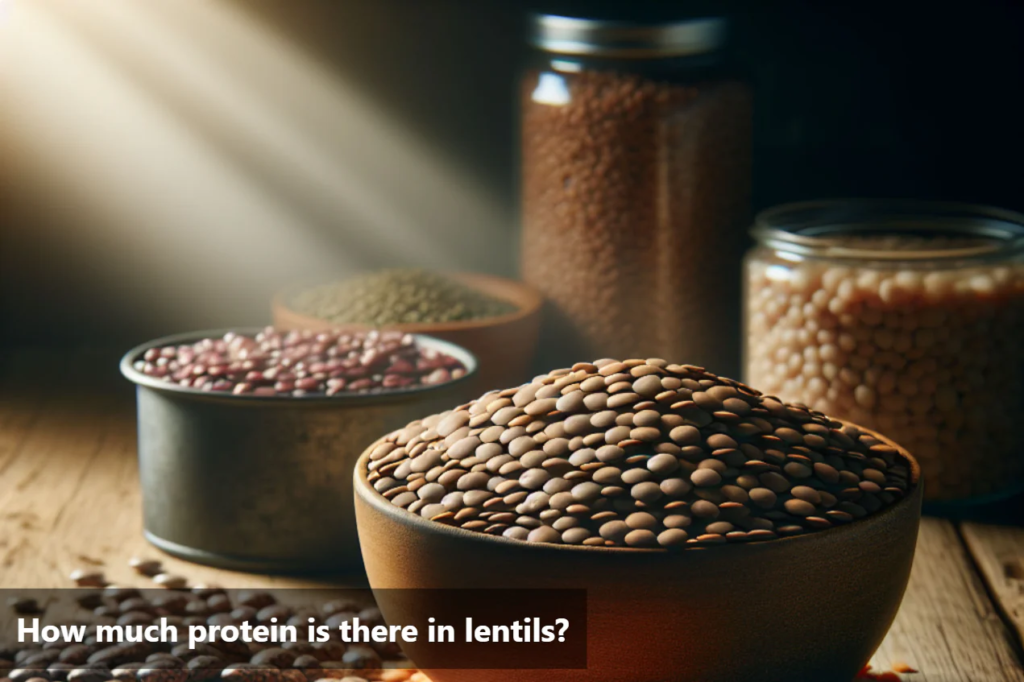
13. Lentils and Beans: Plant-Based Protein Powerhouses
Lentils and beans are excellent sources of plant-based protein, fiber, and iron.
They help stabilize blood sugar levels, support digestive health, and provide sustained energy.
Incorporating Lentils and Beans:
- Add lentils to soups, stews, and salads.
- Use beans in chili, burritos, and dips.
- Make lentil or bean burgers for a nutritious meal.

14. Green Tea: Antioxidant-Rich Beverage
Green tea is loaded with antioxidants called catechins, which have been shown to improve insulin sensitivity and reduce inflammation.
Drinking green tea regularly can help manage PCOS symptoms and support overall health.
How to Enjoy Green Tea:
- Brew a cup of green tea in the morning or afternoon.
- Add a squeeze of lemon for extra flavor and vitamin C.
- Use green tea as a base for smoothies.
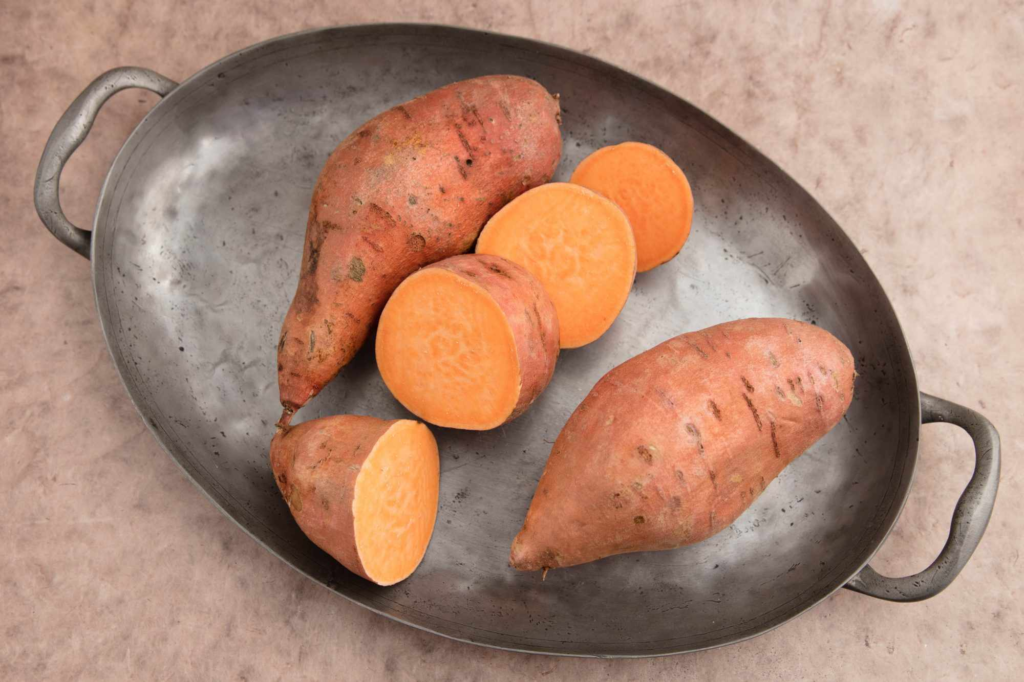
15. Sweet Potatoes: Nutrient-Rich Carb Alternative
Sweet potatoes are a nutrient-dense carbohydrate source rich in vitamins A and C, fiber, and antioxidants.
They have a lower glycemic index compared to regular potatoes, making them a better choice for managing blood sugar levels.
Sweet Potato Recipes:
- Bake sweet potatoes as a side dish.
- Make sweet potato fries or chips.
- Add mashed sweet potatoes to casseroles or soups.
Conclusion
Incorporating these top 15 PCOS-boosting foods into your diet can significantly improve your health and manage PCOS symptoms effectively.
From leafy greens like spinach to nutrient-dense snacks like nuts and seeds, these foods provide essential nutrients, support hormonal balance, and help regulate blood sugar levels.
Remember, making small, consistent changes to your diet can lead to significant improvements in your overall health and well-being.
FAQs
What foods should I avoid if I have PCOS?
Avoid processed foods, sugary snacks, and refined carbohydrates. These can spike blood sugar levels and worsen insulin resistance, leading to increased PCOS symptoms.
How can I balance my hormones with diet?
Incorporate whole foods, rich in nutrients and antioxidants. Foods like spinach, salmon, and berries can help regulate hormones and reduce inflammation.
Is dairy good or bad for PCOS?
Dairy can affect insulin levels and hormonal balance. Opt for low-fat or non-dairy alternatives if you notice dairy exacerbates your PCOS symptoms.
Can weight loss improve PCOS symptoms?
Yes, weight loss can improve insulin sensitivity and hormone levels, reducing the severity of PCOS symptoms. Focus on a balanced diet and regular exercise.
How often should I eat these PCOS-boosting foods?
Incorporate these foods regularly into your meals. Aim for a balanced diet that includes a variety of these nutrient-dense foods daily.
Are there any supplements that can help with PCOS?
Supplements like inositol, omega-3 fatty acids, and vitamin D can support PCOS management. Always consult with a healthcare provider before starting any supplements.
Can stress affect PCOS?
Yes, stress can worsen PCOS symptoms by affecting hormone levels. Practice stress management techniques like mindfulness, yoga, and regular exercise.
In conclusion, embracing a diet rich in PCOS-boosting foods can significantly enhance your health and help manage the symptoms of PCOS effectively.
Remember, consistency is key, and making mindful choices in your diet can lead to substantial improvements in your overall well-being.
References:
By following these guidelines and incorporating these PCOS-boosting foods into your daily routine, you can take proactive steps towards better health and improved quality of life.

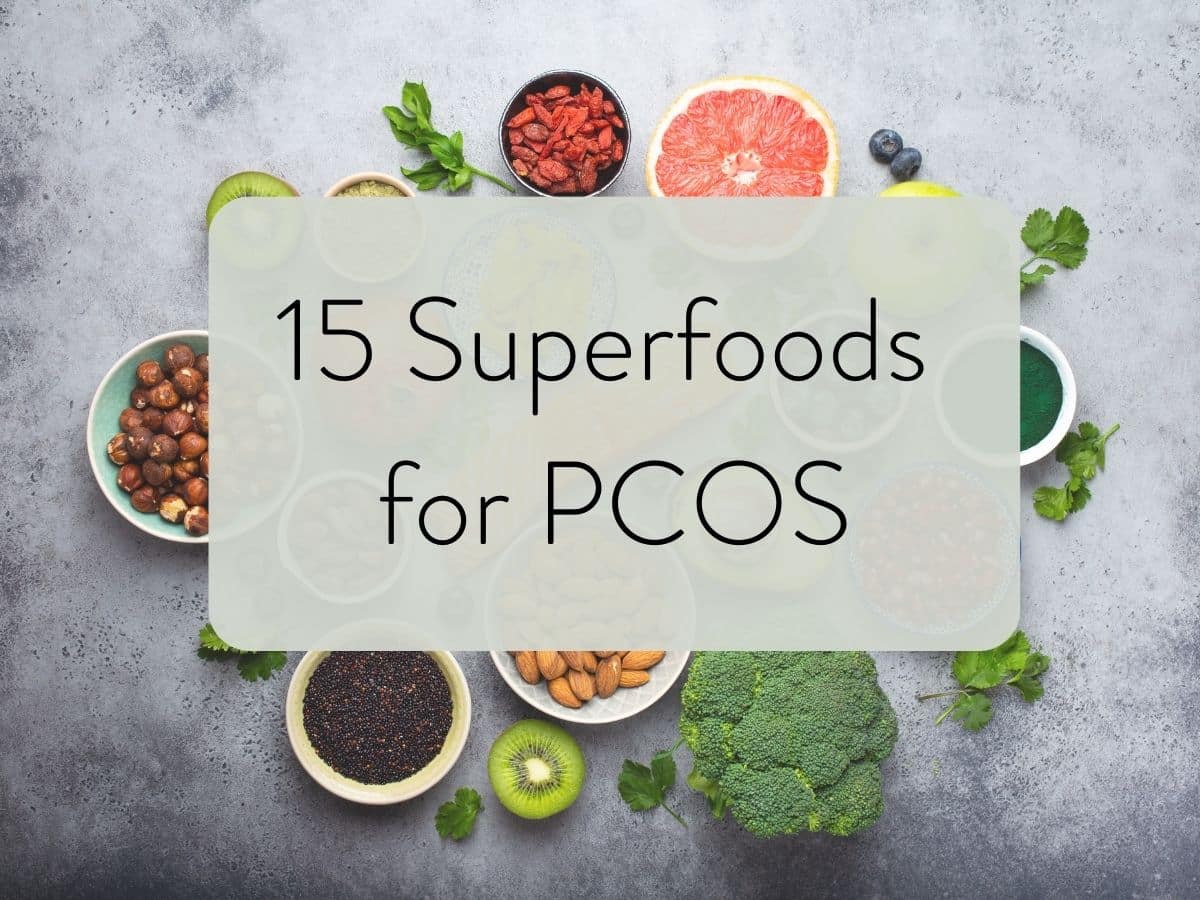





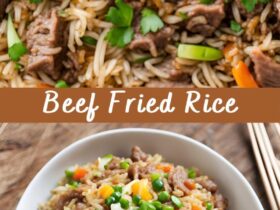
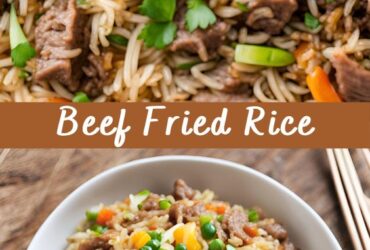






Leave a Reply